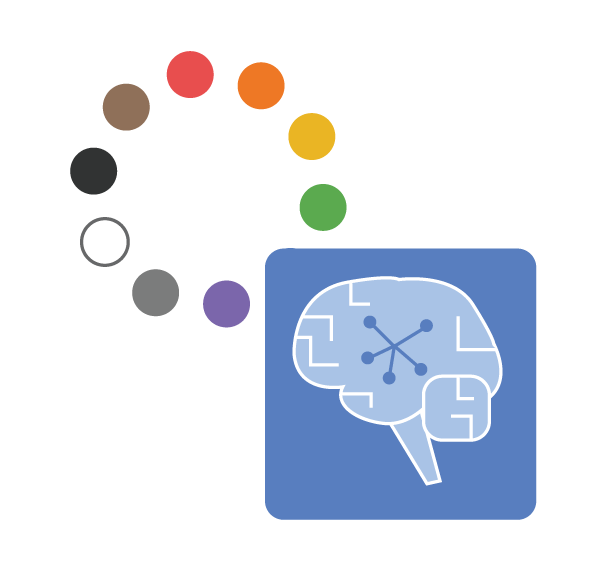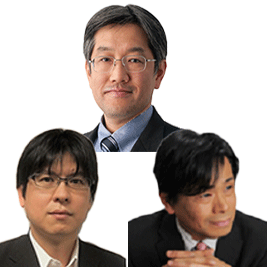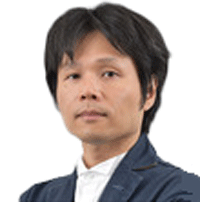
Complex Systems and Bioelectronics
Recreating the mechanism of life on a computer by using sensors
The excitation of neurons is caused by microscopic changes in electrical potential due to the movement of ions, and the activity of life is actually controlled by electricity. We are working on sensors and medical devices that can capture biological signals with high sensitivity, as well as research on the mathematical understanding of the mechanisms of life and their application to information processing.
What is Complex Systems and Bioelectronics?
Neural networks were born from the idea of mimicking the mechanism by which neurons process information, and after decades of accumulated research and development, they have led to the explosive development and spread of AI. While the function of a single neuron can be represented mathematically by a relatively simple model, a population of many neurons exhibits extremely complex behavior, which is not easy to fully understand. However, neural networks enable processing that is difficult with classical algorithms, such as extracting overall features from huge amounts of data, images, signals, etc., and in some cases, such as in game AI, they have shown performance that exceeds that of the human brain.
In order to create a new methodology for information processing that will lead to the next breakthrough, what is needed is to use advanced measurement and imaging technologies to fundamentally redefine life phenomena again, develop a mathematical model to describe the mechanism, and realize it in hardware and software. In humans, there are 100 billion neurons and 100 trillion synapses, each of which emits electrical signals. This huge network will provide us with a wealth of hints that will lead to the next generation of AI. In addition, neuroscience until now has mainly been a method of studying the behavior of neurons in a controlled environment and conditions in the laboratory, but by combining wearable highly sensitive sensors and IoT technology, it is becoming possible to acquire a variety of data in real environments. The technology of measuring living organisms has a wide range of potential applications in medicine, such as the diagnosis of diseases. In addition, the spread of the new coronavirus has reaffirmed the importance of mathematical modeling of human behavior.
In the field of complex systems and bioelectronics, we are conducting research on measuring biological phenomena, capturing their mathematical characteristics, and utilizing them for information processing, and applying the results to medicine. For example, research is underway on electronic devices that incorporate the phenomenon of fluctuations unique to living organisms to enable highly sensitive detection, wearable sensors that enable monitoring of human brain activity in real environments, the construction of theories that mathematically understand the mechanisms of life, and computers that mimic the nervous system.
Let's take on the challenge of approaching the mysteries of life from the perspective of electronics and information processing.




